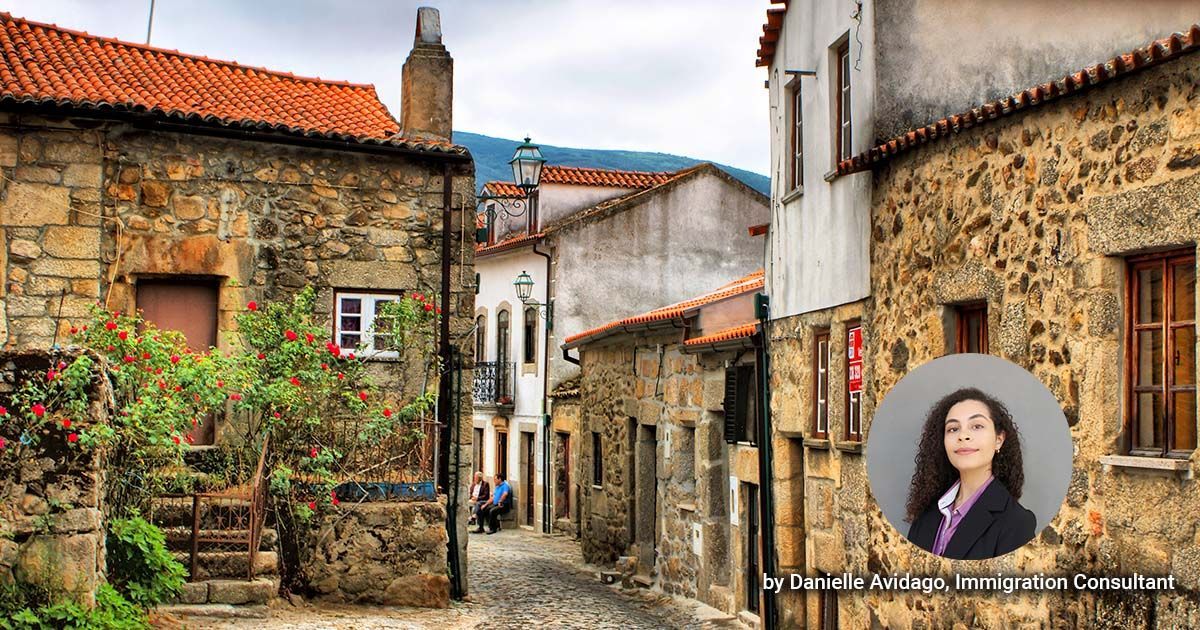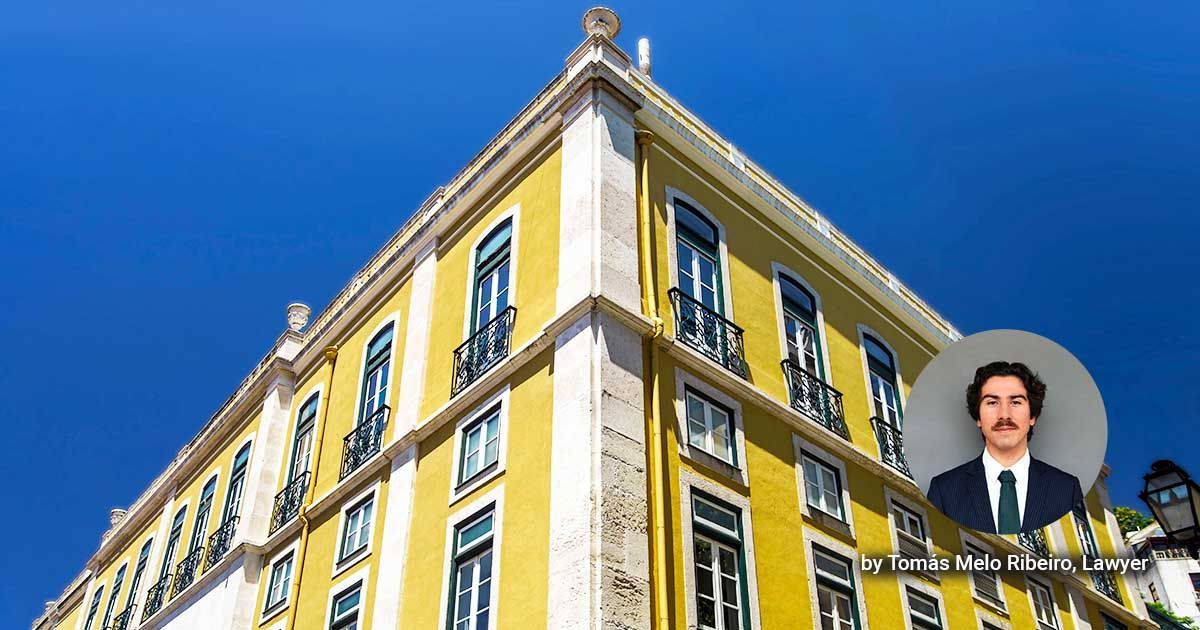Temporary Stay for Amateur Sports People in Portugal – E5 Visa Type

Madalena Viana Pedreira | Lawyer
To our readers, the first thing that comes to mind when reading about sports people in the context of immigration law is the flood of football players that Portugal sees in and out of the country in the transfer window period. Players’ transfers are negotiated internationally and in such a short time that players must travel almost immediately. Those who are not from an EU country, must have a legal permit to work in Portugal, just like any other foreigner who travels to Portugal for work purposes.
We should start by making two distinctions: professional and amateur sportspeople or athletes; and two major types of residences, the temporary residence on one hand, and the long-term residence on the other.
The temporary or short term, include the Schengen, job seekers and temporary stays longer than 90 days but never more than one year; the long term are the D types for passive income holders, retirees, freelancers or digital nomads, etc.
The temporary stay visa is a multiple entry visa valid for up to one year and it is directed to students, interns, employees, those who travel for medical or religious purposes and for amateur sports people. This visa must be applied for at the Portuguese consulate from the country of origin or country of legal residence.
The amateur sports people in specific can also be divided into two types: CPLP applicants and others. The CPLP are those applicants who are nationals from Portuguese-speaking countries such as Brazil, Angola, Cabo Verde, Mozambique, etc.
The documents required to be submitted at the Consulate are the normal and transversal documents for any type of visa, such as:
- Passport.
- Proof of valid travel insurance, covering necessary medical expenses, including urgent medical assistance and possible repatriation (for the full duration of stay).
- The criminal record certificate from the country of origin and legal residence.
- Proof of financial resources – a contract with a club that states a salary equivalent to half of the amount of the minimum wage salary - and of having accommodation in Portugal – which may be granted by the club.
The specific documents regarding the professional activity, such as:
- A document issued by a sports federation certifying the practice of the referred sport and
- A term of responsibility signed by the sports association or sports club, responsible for payment of necessary health care and repatriation costs.
This application has a cost of 75 euros.
The CPLP applicants are also required to submit the same documents, however, they are exempted from presenting the insurance, means of subsistence, and the return ticket.
The professional athletes currently enjoy a slightly easier and faster system and process. Before they could just apply for the “expression of interest” and that would be enough to play (or work), live and enjoy public services as if they were legal residents. A protocol was signed in 2015 between former SEF (Serviço de Estrangeiros e Fronteiras), the Football Federation, the Players Union and the Football League, that guaranteed an exceptional procedure for professional football players, according to which the players were granted a permit in record time so that your hiring does not lose its practical usefulness.
With the decision of the Government to end the “expression of interest” foreign employees, including amateur and professional athletes, are now required to travel to Portugal with a special visa in the passport, issued by the Portuguese consulate in the country of origin or legal residence, that is later transformed into a proper residence permit, after an appointment in person with AIMA.
We all know how fast things happen in sports so there is a need to speed things up at the Portuguese consulates around the world. For example, the Portuguese Football League has a special channel with AIMA, that connects directly with the consulates and fastens the analysis of these applications.
The same does not happen with amateur athletes, who must follow the path of the E5 application, as explained above.
Regarding the professional or amateur players who were born in an EU country, the process of obtaining a legal residence is much easier. One must travel to Portugal, visit the town hall of the place of residence and register as an EU citizen. A certificate of EU citizen will be issued on the spot, has a cost of 15 euros, and a validity of 5 years.
If you require any assistance regarding the E5 Visa or have any related queries, please do not hesitate to contact us. We would be more than happy to help and provide further guidance.











